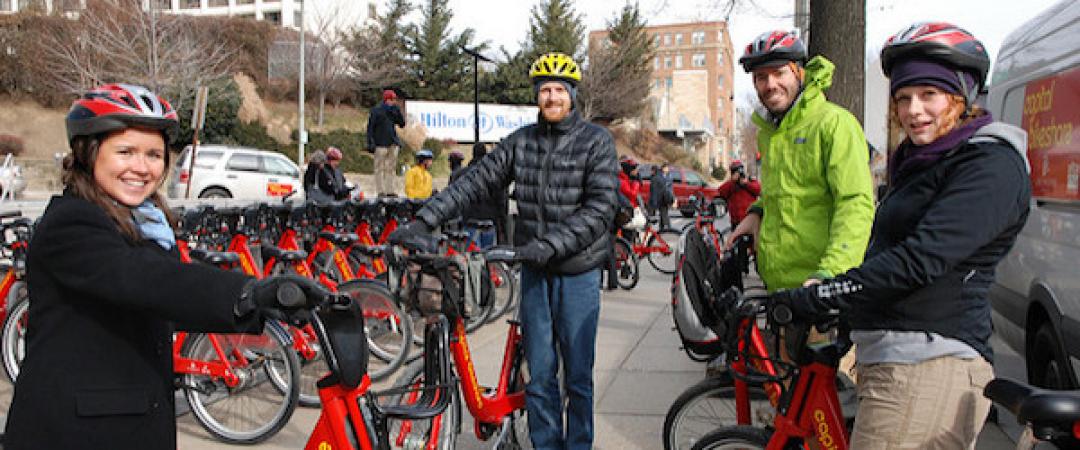The challenges (e.g. air quality, equity, political dynamics) and solutions (e.g. bicycling, electric vehicles, urban design, innovative pricing policies) embedded in transportation for livable communities can help grow and diversify the workforce. Our approach to education consists of:
- Multi-Disciplinary Undergraduate, Graduate Degrees, and Courses: NITC partner universities offer a rich array of degrees that serve the transportation profession. We support undergarduate and graduate students directly through research assistantships working on projects. We provide dissertation fellowships for students to research surface transportation topics that fit under the NITC theme.
- Providing Experiential Learning: A key component of our education strategy is experiential learning, which will help attract and retain students. Our campuses will continue to providing these opportunities, and NITC will seek ways to expand them.
- Developing Innovative New Curriculum: NITC partner universities have developed new, innovative curriculum consistent with transportation and livable communities that can be tested and shared among NITC and other universities.
- Educating Professionals: We offer a vibrant program of seminars, workshops, professional courses and other training opportunities that provide transportation practitioners with the latest tools and techniques.
- Engaging K-12 Students: Our K‐12 programs are designed to attract and retain new undergraduate students to our degree programs, and involve undergraduates in our research.




